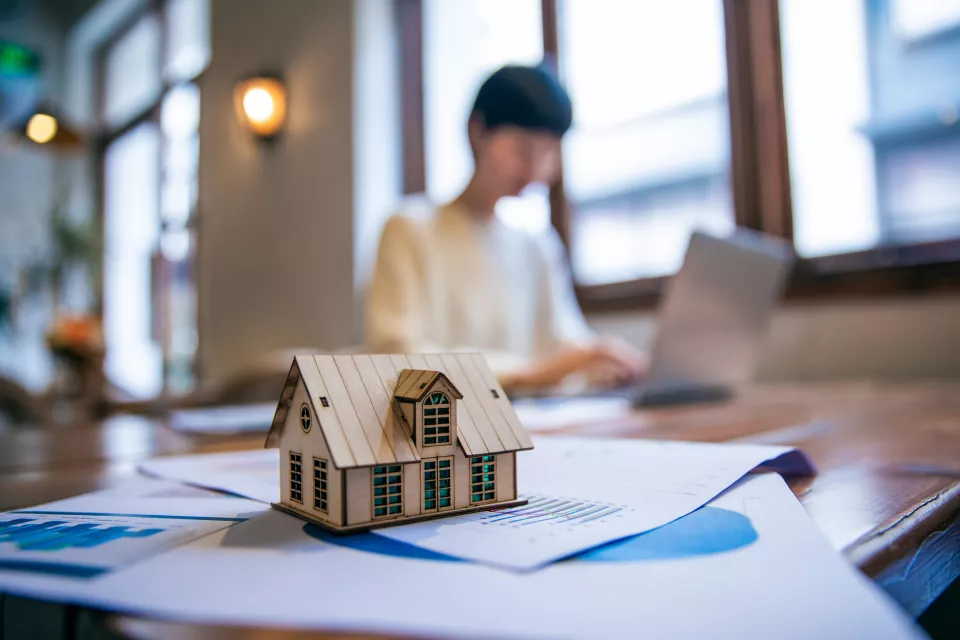
As an expert in purchasing real-estate, BuyerSide is regularly questioned by the press. In October this year, we were consulted about investing in rental property, the specific features of such investments and the related advantages and disadvantages.
Residential property as a response to inflation
In the current inflationist context, few assets are still generating a return.
Bricks and mortar are holding their own! The residential sector is highly prized by investors. The recent appearance of institutional investors on this market is increasing the competition as regards block purchases and pushing prices up.
Like to find out more about this article?
No crisis in the traditional residential sector
Tenants’ needs have altered since the lockdown, prompting them to change their housing and head towards larger homes with a terrace or an outdoor space.
Buying an apartment as a rental investment remains an asset that is quickly accessible to most investors. The gross return on an apartment fluctuates between 3 and 4%. Below 3%, just walk away!
Would you like to invest in residential property?
Renting student digs: the return is almost as good as in the residential sector
There are almost half a million students in Belgium at the moment, divided among the three regions. This number is set to increase by 30% between now and 2030, leading to growth in demand for rented student digs.
The gross return on student digs is currently estimated at between 3.5 and 5%. A figure which is therefore slightly higher than that seen in the traditional residential sector. However, specialists tend to favour the non-student residential sector, as this remains a more diversified market with fewer tenant changes that offers better potential for gain over time.
Would you like to find out more about investing in rental property?
Real-estate investment: accessible to all?
To be able to acquire an investment property, you will need to have capital amounting to approximately 20% of the value of the property as well as all the costs linked to the purchase. In fact, the European Central Bank (ECB) is urging the banks not to lend more than 80% of the amount excluding costs from now on.
In short, your own capital needs to be equivalent to one-third of the total investment (including deed costs). These are sizeable amounts that are difficult to amass when you have a family and are already repaying the loan on your own home.
Would you like to find out more about investing in rental property?
